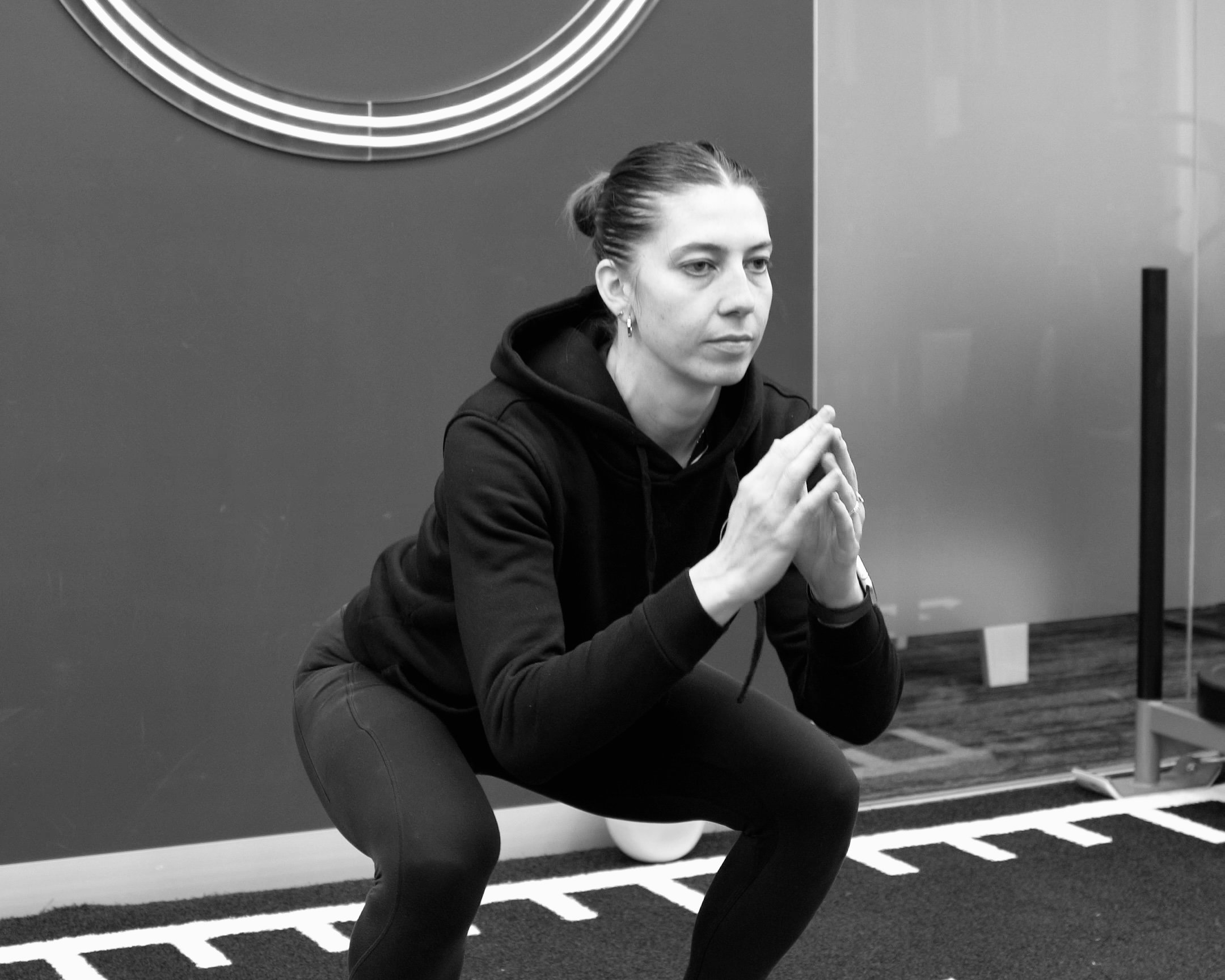Unlocking the Potential: How Physiotherapy Benefits Women of All Walks of Life
Physiotherapy isn't just for athletes or those recovering from injuries. It's a versatile and invaluable resource that can benefit women from all walks of life, addressing a myriad of health concerns and improving overall well-being. Let's explore the diverse range of women who can benefit from physiotherapy and how it can positively impact their lives:
1. Athletes and Active Women:
From professional athletes to weekend warriors, women who engage in regular physical activity often turn to physiotherapy to optimize performance, prevent injuries, and facilitate recovery. Physiotherapists can provide tailored exercise programs, biomechanical assessments, and sports-specific training to enhance strength, flexibility, and endurance, allowing athletes to perform at their peak and reduce the risk of overuse injuries.
2. Pregnant and Postpartum Women:
Pregnancy and childbirth bring about profound changes in a woman's body, often leading to musculoskeletal discomfort, pelvic floor dysfunction, and postural imbalances. Physiotherapy can play a vital role in supporting pregnant and postpartum women, offering specialized treatments such as pelvic floor rehabilitation, prenatal exercise classes, and guidance on safe postnatal recovery exercises. By addressing these issues early on, physiotherapy can improve maternal well-being and facilitate a smoother transition to motherhood.
3. Women with Pelvic Health Concerns:
Pelvic health issues, such as urinary incontinence, pelvic organ prolapse, and pelvic pain, are common but often overlooked concerns among women of all ages. Physiotherapy offers evidence-based treatments, including pelvic floor muscle training, manual therapy, and biofeedback techniques, to address these issues and restore pelvic health and function. By empowering women to take control of their pelvic health, physiotherapy can significantly improve quality of life and confidence.
4. Women with Chronic Pain Conditions:
Chronic pain conditions, such as fibromyalgia, osteoarthritis, and chronic low back pain, disproportionately affect women and can have a significant impact on daily functioning and quality of life. Physiotherapy offers a holistic approach to pain management, incorporating modalities such as exercise therapy, manual therapy, and pain education to reduce pain intensity, improve mobility, and enhance coping strategies. By addressing the underlying causes of chronic pain, physiotherapy empowers women to regain control and live life to the fullest.
5. Women Navigating Menopause and Aging:
Menopause and aging bring about hormonal changes, musculoskeletal degeneration, and increased risk of falls and fractures, posing unique challenges for women's health and mobility. Physiotherapy interventions, such as strength and balance training, fall prevention programs, and education on osteoporosis management, can help mitigate these risks and promote healthy aging. By fostering independence, resilience, and vitality, physiotherapy enables women to age gracefully and maintain an active lifestyle.
6. Women Recovering from Surgery or Injury:
Whether recovering from orthopedic surgery, a sports injury, or a traumatic accident, women undergoing rehabilitation often rely on physiotherapy to regain function, mobility, and independence. Physiotherapists design personalized rehabilitation programs, incorporating manual therapy, therapeutic exercise, and functional training to optimise recovery outcomes and facilitate a safe return to daily activities. By providing support and guidance throughout the rehabilitation journey, physiotherapy empowers women to overcome adversity and rebuild their lives.
In conclusion, physiotherapy has the potential to transform the lives of women from all walks of life, addressing a wide range of health concerns and promoting optimal well-being. By recognizing the diverse needs and experiences of women and tailoring interventions accordingly, physiotherapists play a crucial role in empowering women to thrive and live life to the fullest.

